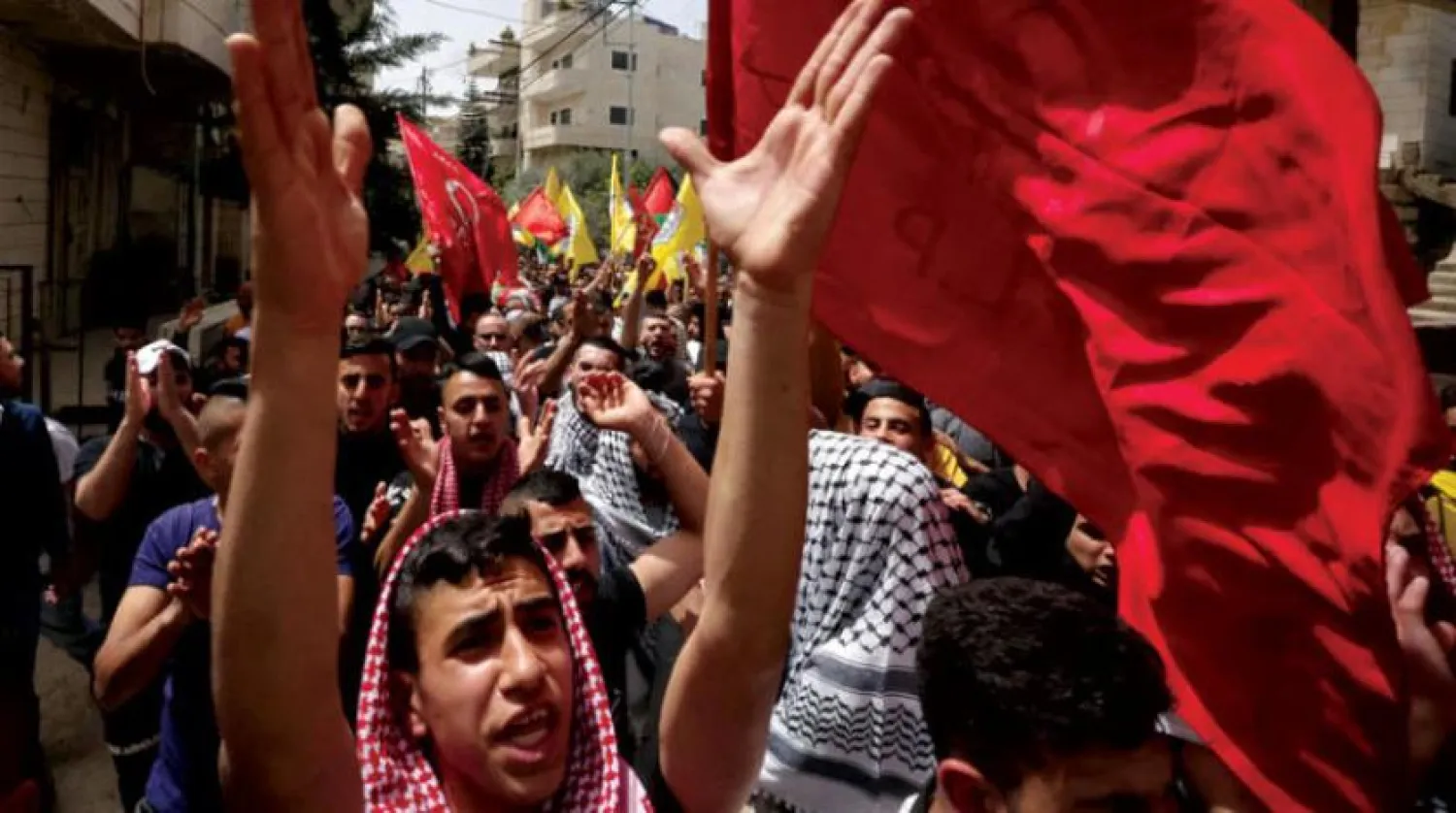Palestinian Authority (PA) Prime Minister Mohammed Shtayyeh accused Israel of fueling tensions and killing in Palestinian territories, saying that Israel launched an aggression against Palestinians from Jenin to Hebron, particularly in Jerusalem.
The premier also accused Israel of practicing a shoot to kill policy.
Speaking at the start of the weekly cabinet meeting held in Ramallah, Shtayyeh said: “This policy, along with the intensification of settlements and completion of the construction of the wall, is used by the Israeli parties to preserve themselves, and as a basis for their electoral campaigns on the one hand and the preservation of their coalitions on the other.”
He stressed that the absence of a political horizon and the anger of the Palestinians at the double standards of the international community “is a serious warning that the situation is getting worse and therefore the international community is required to curb the Israeli aggression and stop the policy of killing.”
The Prime Minister stressed that what is required from the international community is a political horizon to end the occupation, stop the aggression against the Palestinian people, provide them with protection and stop double standards, stressing that the solution lies in ending the occupation and enabling the Palestinian people to have sovereignty over their land and establish their state on the internationally recognized borders with Jerusalem as its capital.
Shtayyeh's accusations came after a night in which Israel killed 3 Palestinians in Bethlehem and Hebron. A fourth victim died of their wounds on Monday in Jenin.
The PA accused Israeli Prime Minister Naftali Bennett of green lighting his army to operate without restrictions.
National and Islamic Palestinian forces held the Israeli government responsible for the aggressive and criminal escalation against the Palestinians through daily incursions, arrests, and the policy of killing carried out by the Israeli army and settlers.
Abu Muadh, military spokesman of the armed factions in Jenin’s refugee camp, late Sunday called for “general mobilization of our fighters to confront any incursion by the Zionist enemy.”









